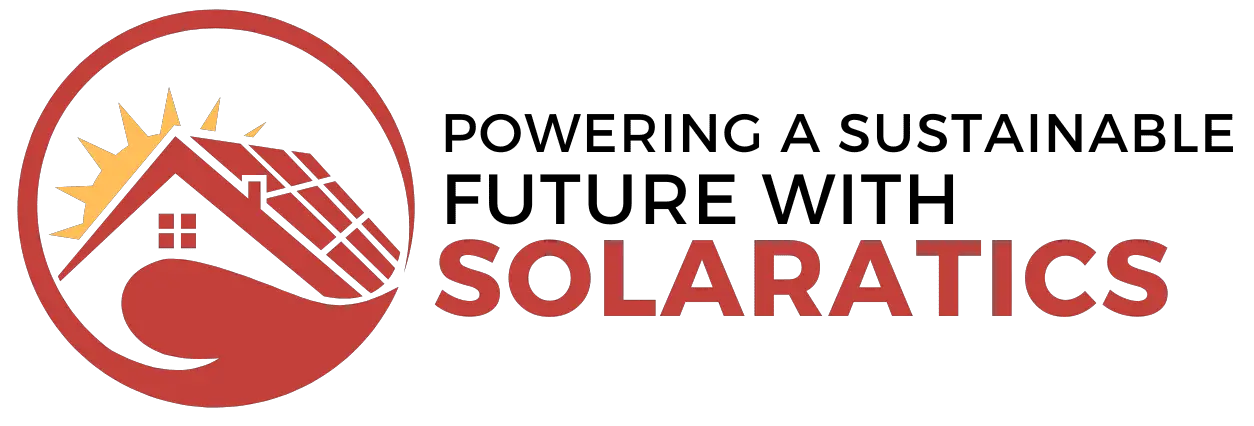Top 7 Affordable Solar Panel Kits for Beginners in 2025 (Easy Setup & Great Value)
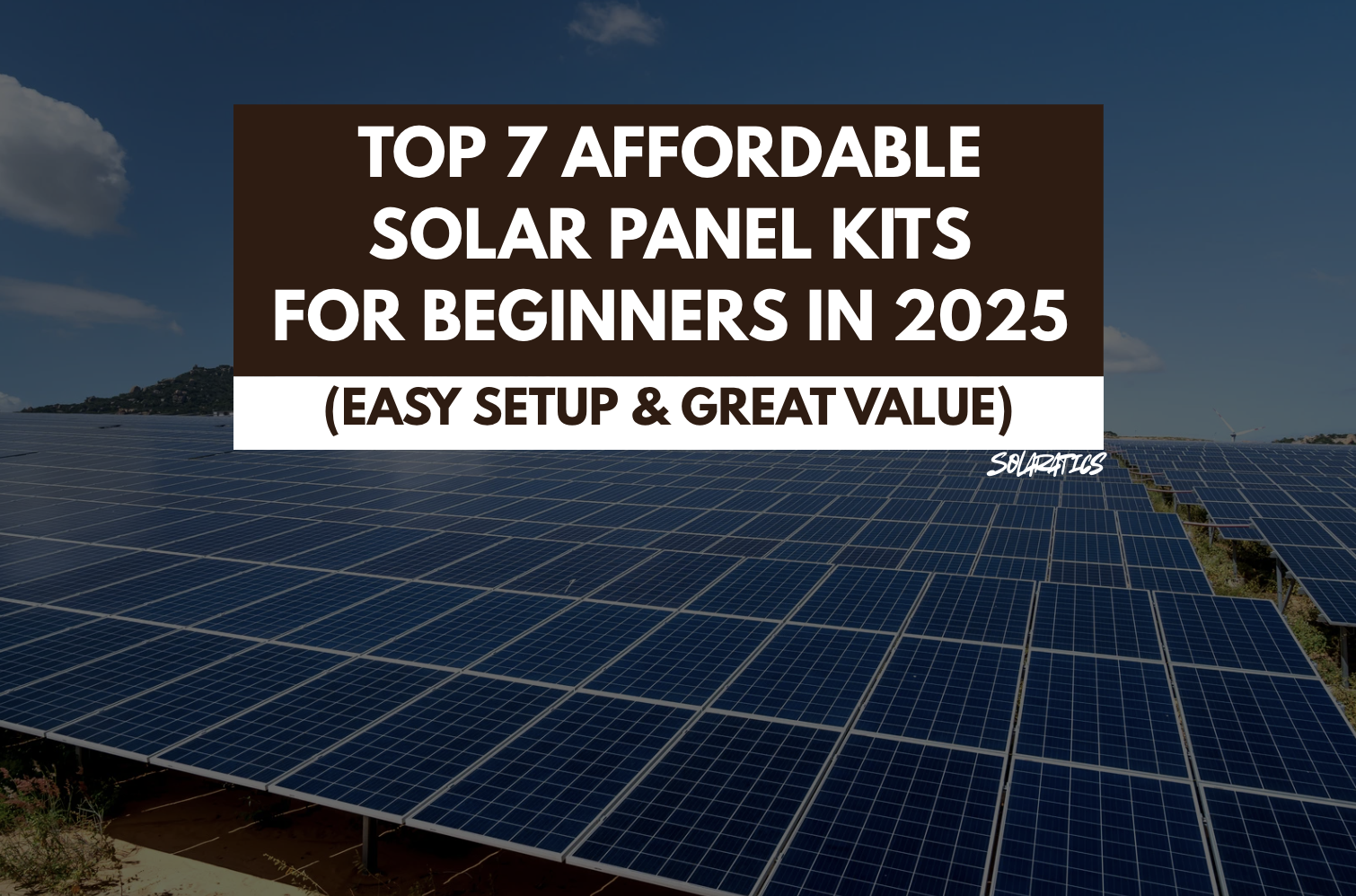
Thinking about going solar but don’t know where to start? Many people are feeling the pinch of rising energy costs, and at the same time, more and more folks are getting excited about the idea of using power from the sun. This shift is happening because solar energy is becoming more accessible and affordable, especially with readily available solar panel kits for beginners.
In this blog post, we’re going to dive deep into everything you need to know about starting your solar adventure. You’ll learn about affordable options, get practical setup tips, and ultimately discover how you can harness the sun’s power, even if you’re on a tight budget. Let’s help you go solar — even on a budget.
Why Start with a Solar Panel Kit?
Firstly, you might be wondering, what exactly is a solar kit? Essentially, a solar kit is a bundle of all the basic components you need to get a small solar power system up and running. Typically, it includes solar panels to capture sunlight, a charge controller to manage the power flow, an inverter to change the solar power into usable electricity for your devices, and all the necessary cables to connect everything. These kits are specifically designed to make solar power less complicated for new users.
There are many clear benefits to starting with a solar kit. For one thing, they often come with everything you need in one box, which translates to a much easier installation process compared to buying each part separately. This plug-and-play approach significantly reduces the headache for those new to solar technology. Furthermore, the upfront cost is usually much lower than building a custom system, making them a fantastic entry point for budget-conscious individuals. These kits are truly ideal for learning the ropes of solar power before you decide to upgrade to a larger, more complex system down the line.
So, who are these solar panel kits for beginners truly for? They’re perfect for a wide range of users. Homeowners looking to offset some of their electricity bills or power a small shed can certainly benefit. RV and camping enthusiasts will find them invaluable for keeping their batteries charged and lights on while enjoying the outdoors. Moreover, they’re an excellent solution for small off-grid setups, such as remote cabins or garden offices, where connecting to the main power grid isn’t practical or is too expensive.
What to Look for in a Beginner Solar Kit
When you’re ready to pick out your first solar kit, it’s really important to know what features to prioritize. After all, not all kits are created equal.
One of the first things to consider is the panel wattage. This number tells you how much power the solar panel can generate. Common sizes for beginner kits range from 100W to 200W. To illustrate, a 100W panel might be enough for charging small electronics, while a 200W panel could power a few lights and a small fan. Therefore, it’s wise to think about what you want to power before making a choice.
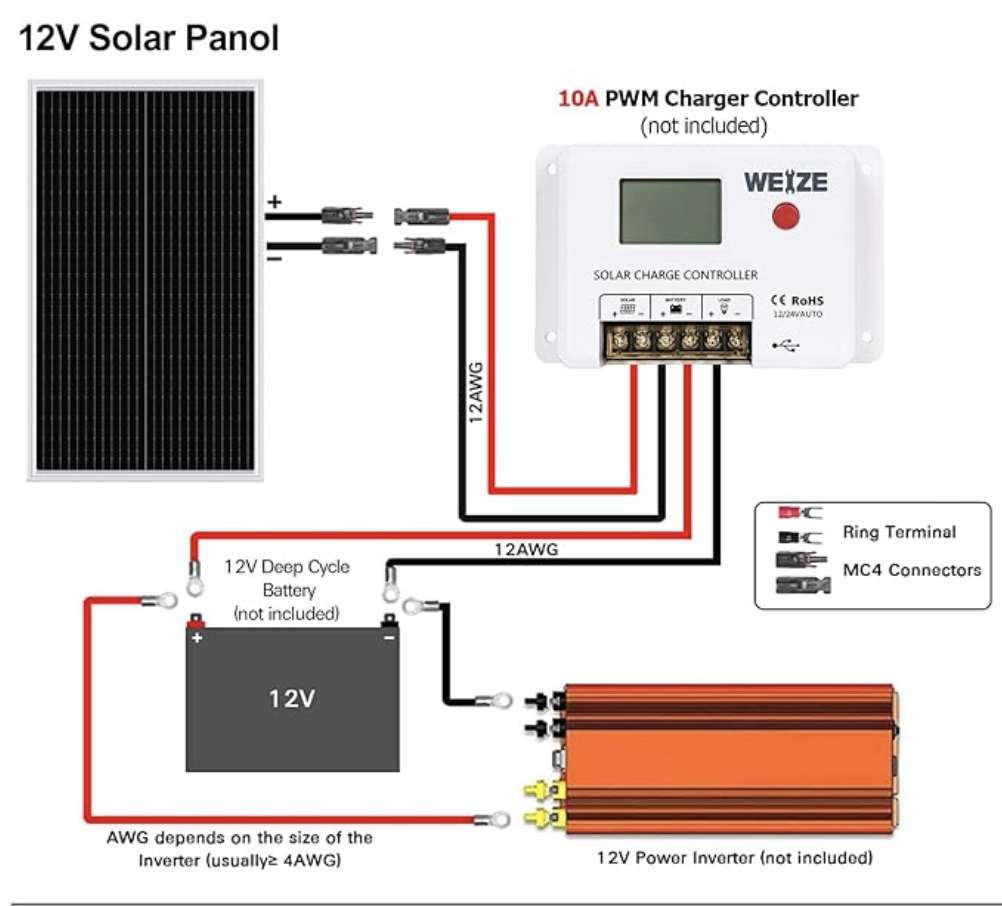
Another crucial factor is battery/inverter compatibility. The solar panel collects energy, but you’ll need a battery to store it for use when the sun isn’t shining. The inverter then changes the stored battery power into the kind of electricity your everyday appliances use. Consequently, ensure the kit’s components are designed to work together smoothly, or that you can easily add a compatible battery and inverter if they aren’t included.
Ease of installation is paramount for beginners. Look for kits that are described as “plug-and-play.” This means the components are mostly pre-wired or come with very simple, clear instructions. Ultimately, you want to avoid complicated wiring diagrams and tools that require advanced knowledge.
Durability and warranty are also worth noting. Since these panels will be outdoors, they need to be tough enough to handle different weather conditions like rain, wind, and even snow. A good warranty, typically 20-25 years for the panels themselves, offers peace of mind.
Finally, think about the price range. Solar panel kits for beginners usually fall within the $100 to $500 range, depending on their size and what’s included. Setting a budget beforehand can definitely help narrow down your choices.
Top 7 Affordable Solar Panel Kits for Beginners (2025 Edition)
Now, let’s take a look at some of the best and most affordable solar panel kits for beginners available in 2025. These kits are chosen for their ease of use, value, and suitability for those just starting out.
1. Renogy 100W 12V Starter Kit
The Renogy 100W 12V Starter Kit is an incredibly popular choice among beginners, and for good reason. It provides a solid foundation for small off-grid power needs.
Key Specs: This kit usually includes a 100W monocrystalline solar panel, a 30A PWM charge controller, 20ft of solar cable, and Z-brackets for mounting. Setup Time: Many users report that it can be set up in a few hours, especially if you’re just mounting it to a flat surface. Pros: Easy setup, good efficiency for its size, and Renogy is a reputable brand known for quality components. The charge controller often comes with an LCD screen for easy monitoring. Cons: The included charge controller is a PWM type, which is less efficient than an MPPT controller in some conditions. No battery or inverter is included, so those must be purchased separately. Best For: RVs, campers, boats, small sheds, and beginners wanting to learn the basics. Price Range: ~$179 [Check Price on Amazon]
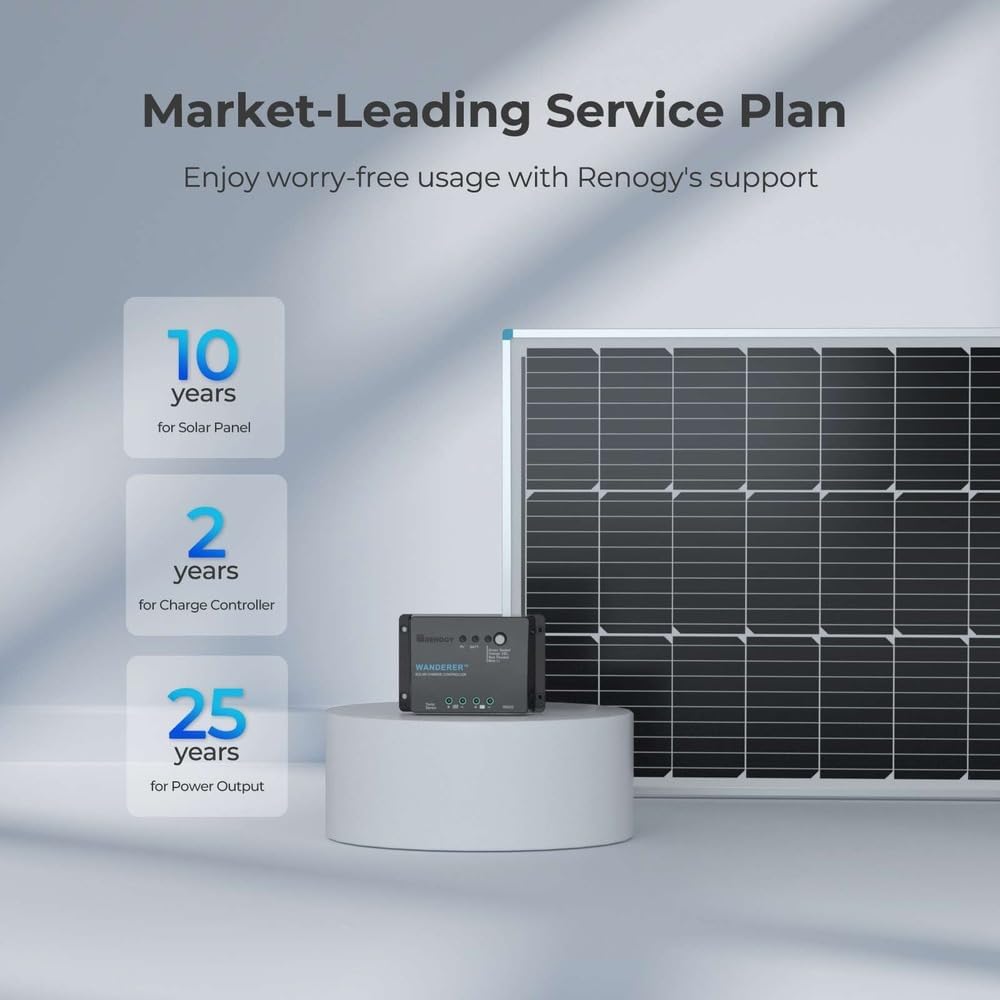
2. ECO-WORTHY 100W 12V Off-Grid Solar Kit
The ECO-WORTHY 100W 12V Off-Grid Solar Kit is another excellent option for those seeking a complete package to get started with solar power.
Key Specs: This kit often includes a 100W monocrystalline solar panel, a 20A LCD display charge controller, 16.4ft solar cables, and mounting brackets. Some versions might include an inverter as well. Setup Time: Typically straightforward, taking a few hours for a basic setup. Pros: Good value for money, reliable performance, and often includes slightly longer cables which can be helpful. The LCD display on the charge controller makes it easy to monitor your system. Cons: Similar to Renogy, the charge controller is often PWM. Some users report that the instructions could be clearer for absolute beginners. Best For: Small cabins, sheds, outdoor lighting, and minor off-grid applications where reliability is key. Price Range: ~$150-$200
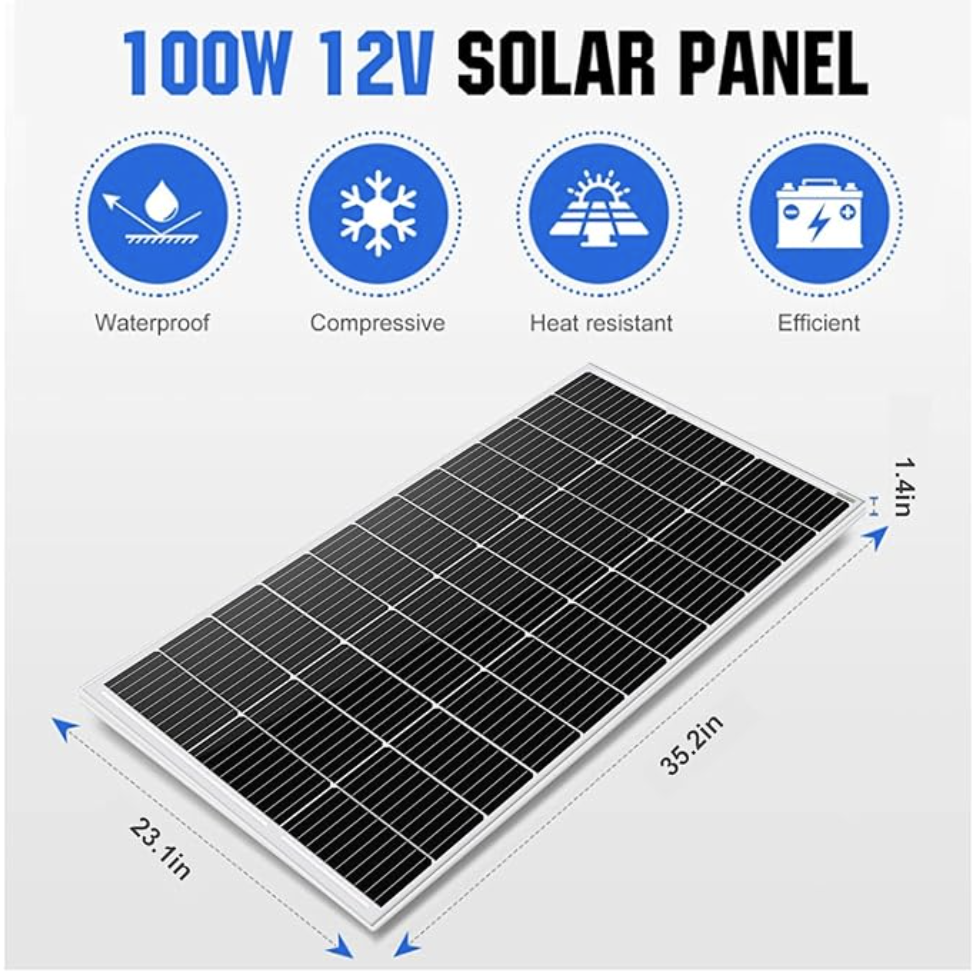
3. Jackery Solar Generator 240 (with SolarSaga 60W or 100W Panel)
While a slightly different approach, the Jackery Solar Generator 240 paired with a SolarSaga panel is a fantastic, highly portable solar panel kit for beginners. It’s more of a complete power station with an integrated battery and inverter.
Key Specs: The Jackery Explorer 240 portable power station (240Wh capacity) combined with a 60W or 100W foldable SolarSaga solar panel. Features AC outlet, USB ports, and a 12V car output. Setup Time: Virtually instant. Just plug the solar panel into the power station and start charging. Pros: Extremely portable, incredibly easy to use, and an all-in-one solution. No complicated wiring needed. Great for camping, tailgating, or as emergency backup. Cons: Higher upfront cost compared to basic panel-only kits. Smaller capacity means it’s best for charging smaller electronics and running very low-power appliances. Best For: Camping, car travel, emergency backup power, charging phones, laptops, and small lights. Price Range: ~$300-$450 (depending on panel wattage)
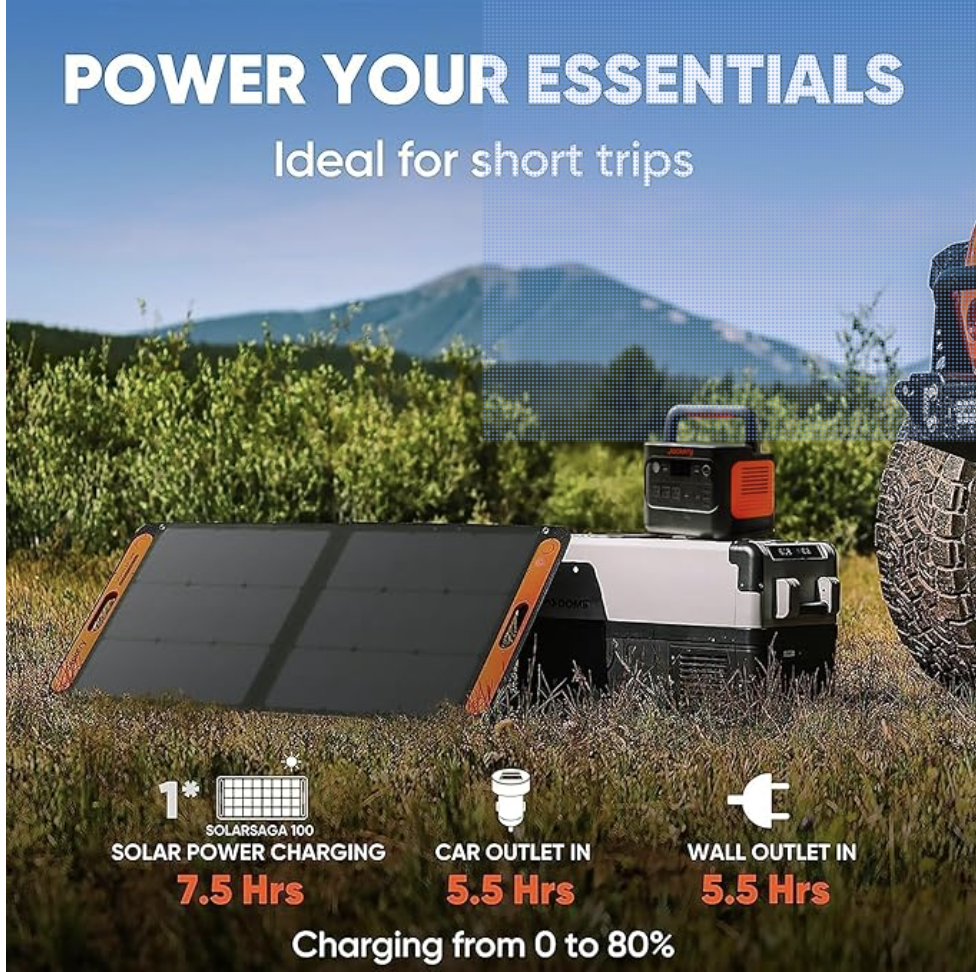
4. WEIZE 100 Watt 12 Volt Flexible Solar Panel Kit
For those who need a solar panel that can adapt to uneven surfaces or simply want a lightweight option, the WEIZE 100 Watt 12 Volt Flexible Solar Panel Kit is an excellent choice.
Key Specs: Includes a 100W flexible monocrystalline solar panel, a charge controller, and necessary cables. The flexible design allows for mounting on curved surfaces. Setup Time: Quick to set up, often just requiring adhesive or light mounting. Pros: Lightweight and flexible, making it ideal for RV roofs, boats, or unique installations. Good efficiency for a flexible panel. Cons: Generally more expensive per watt than rigid panels. Requires a very flat surface for optimal contact and heat dissipation. Best For: RVs, vans, marine applications, or any situation where traditional rigid panels are not practical. Price Range: ~$180-$250

5. ROCKPALS 100W Foldable Solar Panel Kit
The ROCKPALS 100W Foldable Solar Panel Kit is designed with portability in mind, making it a great companion for outdoor adventures.
Key Specs: Features a 100W foldable monocrystalline solar panel with multiple DC adapters (8mm, 3.5×1.35mm, and 5.5×2.5mm) and a USB port. Often paired with portable power stations. Setup Time: Minimal, as it’s a plug-and-play solution. Simply unfold and connect. Pros: Highly portable and compact when folded, includes various connectors for wide compatibility with different power stations. Good efficiency even in lower light conditions due to bypass diodes. Cons: Does not include a battery or power station, so that’s an additional purchase. More of a charging accessory than a standalone power system. Best For: Backpacking, camping, charging portable power stations, and small off-grid devices. Price Range: ~$200-$250
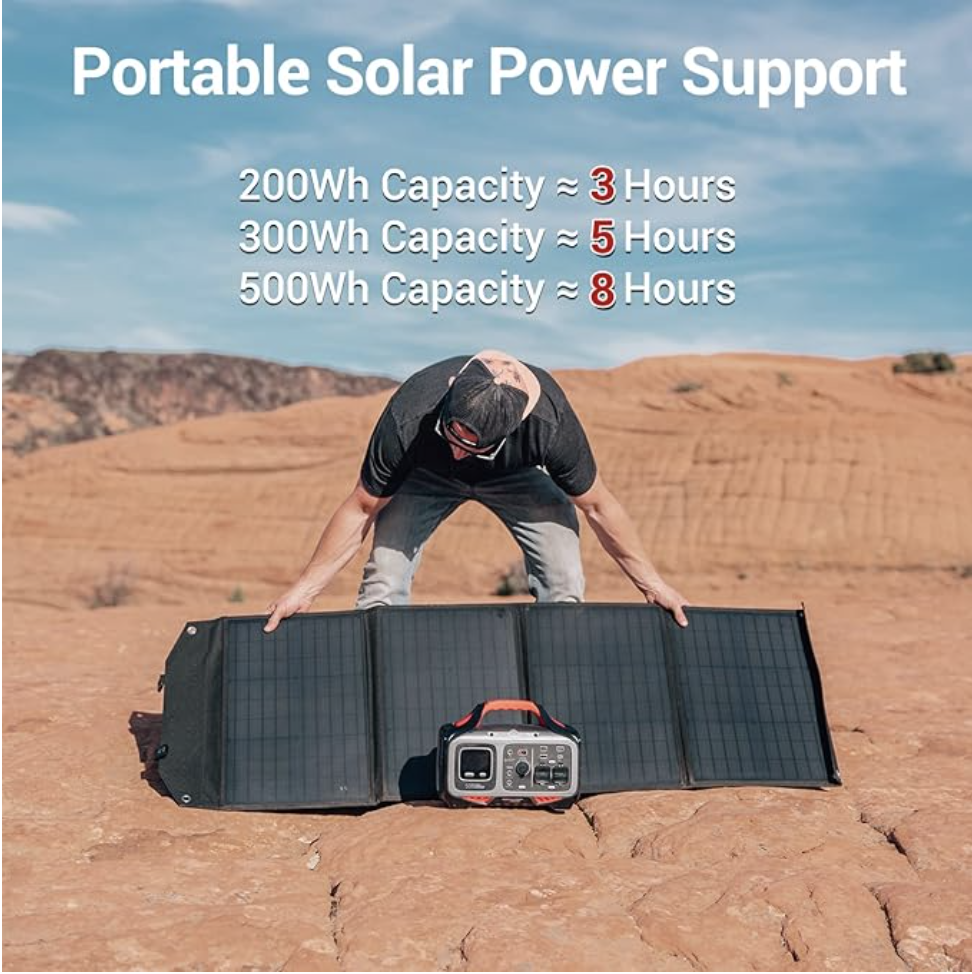
6. HQST 100 Watt 12 Volt Monocrystalline Solar Panel Kit
The HQST 100 Watt 12 Volt Monocrystalline Solar Panel Kit offers a robust and efficient solution for those looking for a reliable entry-level system.
Key Specs: This kit typically comes with a 100W monocrystalline solar panel, a PWM charge controller, MC4 connectors, and Z-brackets. Known for its high efficiency and durability. Setup Time: Reasonable, similar to other fixed-mount kits, taking a few hours. Pros: High conversion efficiency, robust aluminum frame, and designed to withstand harsh weather. Good for long-term outdoor use. Cons: Basic charge controller. No battery or inverter included, which is typical for these starter kits. Best For: Permanent installations on RVs, sheds, or small homes, where durability and consistent output are important.
Price Range: ~$150-$200
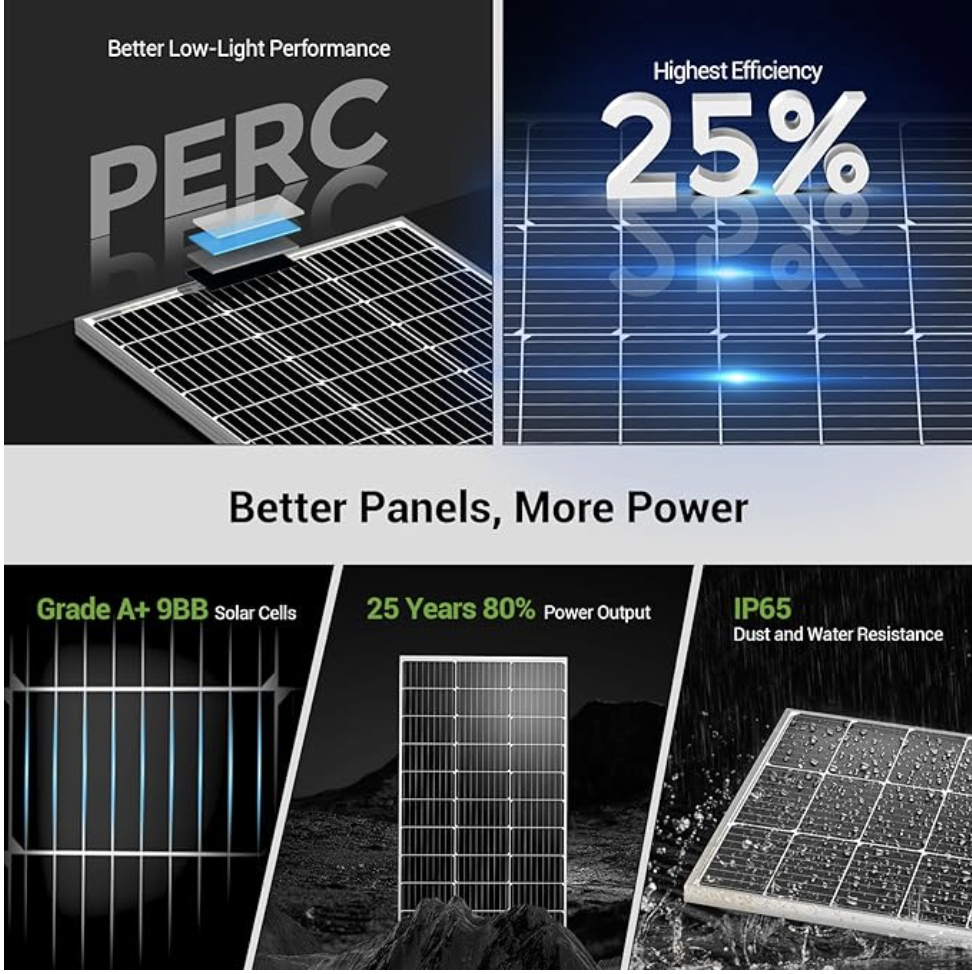
7. ACOPOWER 50W Foldable Solar Panel Kit
While 50W might seem small, the ACOPOWER 50W Foldable Solar Panel Kit is perfect for ultra-light needs and for those who want the absolute smallest entry point into solar power. It’s incredibly compact and user-friendly.
Key Specs: 50W foldable monocrystalline solar panel, often with a built-in charge controller or a small portable power station. Includes various adapters for different devices. Setup Time: Very quick and easy, typically just unfolding and plugging in. Pros: Extremely portable, lightweight, and very simple to use. Excellent for minimal power requirements. Cons: Limited power output, suitable only for very small electronics and light charging. Not ideal for anything beyond basic needs. Best For: Day trips, emergency phone charging, small camping lights, or as a supplementary charger for small gadgets. Price Range: ~$100-$150
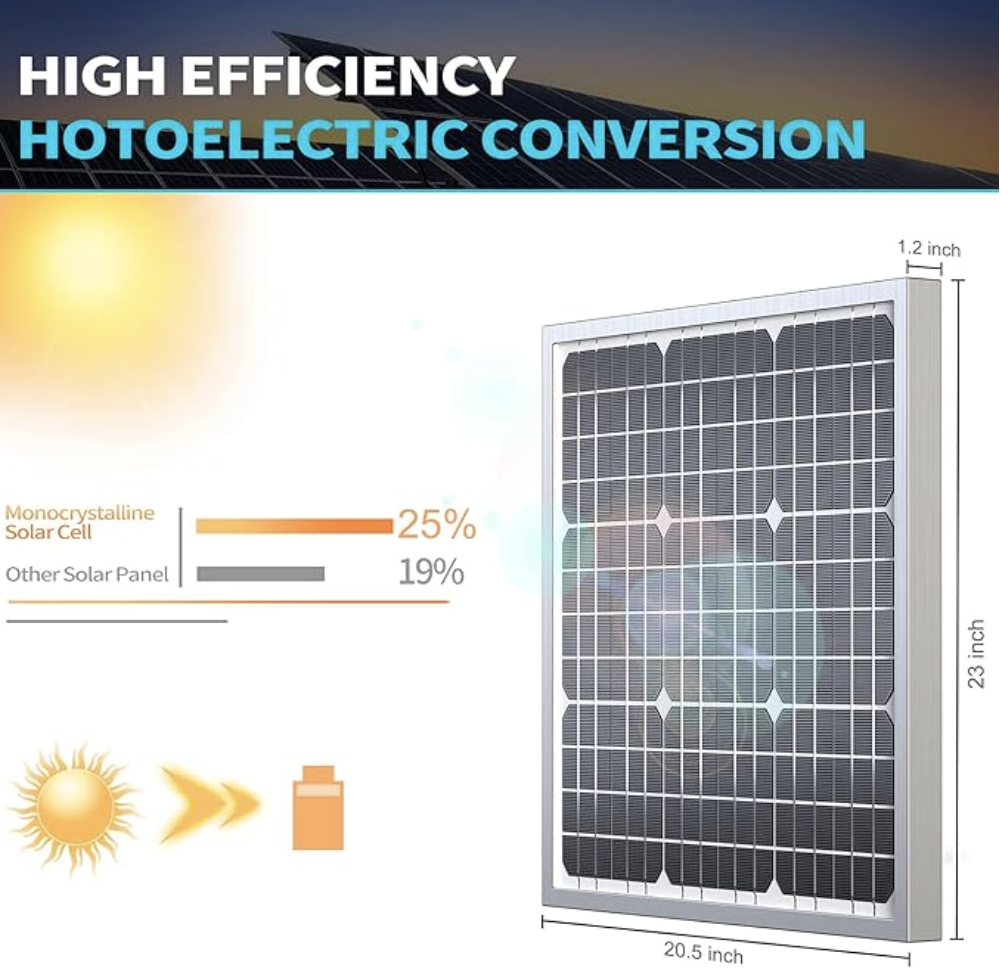
Beginner Setup Tips
Once you’ve chosen your solar panel kit for beginners, it’s time to get it set up! Although these kits are designed to be user-friendly, following some basic tips will ensure a smooth and safe installation.
First and foremost, always prioritize safety basics. Before you even touch the panels or wiring, make sure you understand the instructions thoroughly. Wear appropriate protective gear, such as gloves and safety glasses. Remember that solar panels can generate electricity even in cloudy conditions, so always treat the wiring as live. If you’re working on a roof, always use proper fall protection and ensure your ladder is stable. It’s also a good idea to disconnect any power sources before connecting or disconnecting wires.
Secondly, you’ll want to avoid some common mistakes. One frequent error is not getting the right angle for your solar panels. For maximum power production, solar panels should ideally face south (in the Northern Hemisphere) and be tilted at an angle that matches your latitude. This helps them catch the most sunlight throughout the day. Another common mistake is overloading your inverter; always check the wattage of your appliances to make sure they don’t exceed the inverter’s capacity, which could damage your system. Also, ensure all connections are tight and secure to prevent power loss and potential hazards.
Finally, consider where to install your solar panels. Rooftops are popular because they generally get good sunlight exposure and keep the panels out of the way. However, make sure your roof is structurally sound and can support the weight. Alternatively, backyard ground mounts offer more flexibility in terms of angling and positioning, and they are easier to access for cleaning. For RVs, mounting them directly onto the roof is common, or you can use portable, foldable panels that can be set up when you stop. For more in-depth guidance on installation, you might want to check out resources from organizations like Energy.gov.
FAQs
Here are some common questions beginners often ask about solar panel kits:
Absolutely! Many solar panel kits for beginners are specifically designed for DIY installation. They come with clear instructions and all the necessary components. However, for larger or more complex systems, or if you’re unsure about any step, it’s always wise to consult a professional or electrician.
This really depends on how many lights and fans you plan to power, and for how long. For a few LED lights and a small DC fan, a 100W to 200W kit with a good battery setup should be sufficient. If you want to power AC lights and fans (the kind you plug into a wall outlet), you’ll need an inverter in your kit and possibly a larger battery bank. A general rule of thumb is to list all the items you want to power, find their wattage, and estimate how many hours a day you’ll use them. This will help you calculate your total energy needs (in Watt-hours or Kilowatt-hours) and determine the appropriate kit size.
Yes,
Many solar panel kits for beginners are designed to be expandable. This means you can add more solar panels or increase your battery storage capacity as your energy needs grow. However, it’s crucial to check the specifications of your charge controller and inverter. They have maximum input capacities, so you might need to upgrade these components if you plan a significant expansion. Look for kits that mention “expandable” in their description or check if the charge controller can handle additional panel wattage.
Final Thoughts + CTA
In conclusion, embarking on your solar journey with solar panel kits for beginners is a remarkably smart and achievable goal. The rising cost of traditional electricity and the growing awareness of environmental concerns make renewable energy solutions like solar more appealing than ever before. These affordable and easy-to-install kits truly offer a fantastic entry point, enabling you to harness the sun’s power without a massive initial investment or complex technical know-how.
By starting small, perhaps with a basic 100W kit for your RV or a small shed, you can gain valuable experience and confidence in managing your own clean energy. As you become more comfortable, you can then effortlessly scale up your system to meet greater power demands, adding more panels or battery storage as needed. Ultimately, choosing one of these beginner-friendly kits is a practical step towards energy independence, reducing your carbon footprint, and enjoying the benefits of sustainable power. Ready to power your space with solar? Choose one of these beginner-friendly kits and take your first step today!
Bonus: Want to make sure you don’t miss a single step in your solar setup? Download our “Solar Starter Checklist” and get ready to go green!
